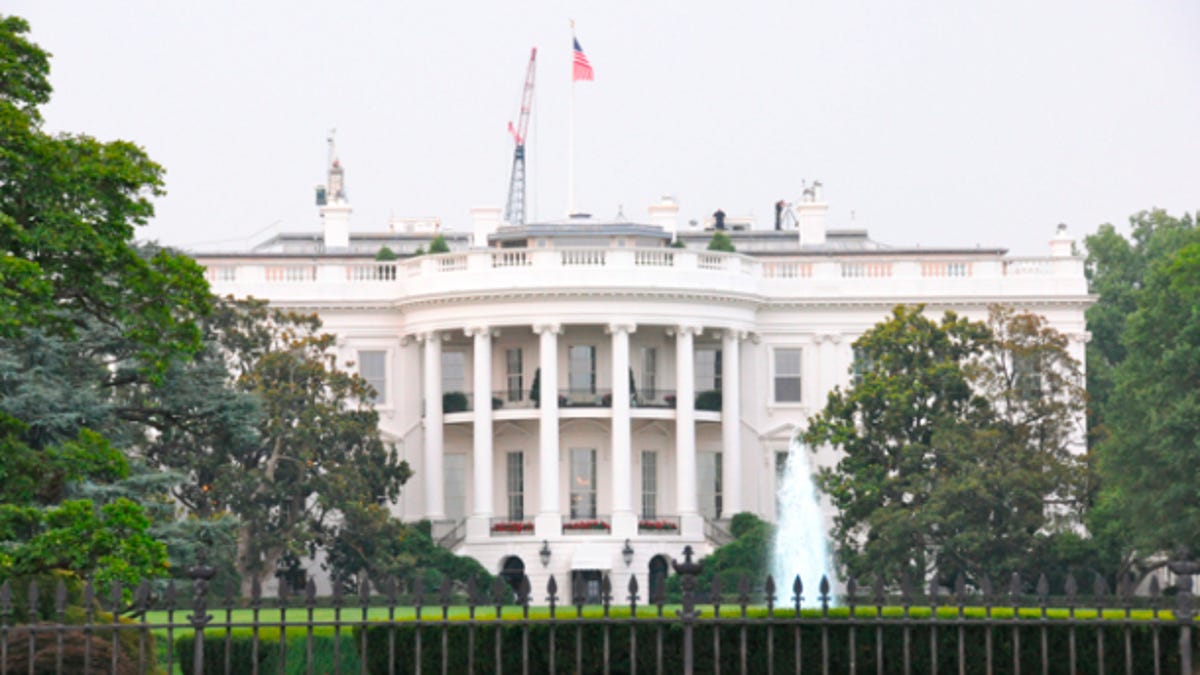White House confirms 'spearphishing' intrusion
Official confirms report by veteran Pentagon reporter Bill Gertz saying hackers linked to China's government "broke into one of the U.S. government's most sensitive computer networks."

The White House has confirmed that one of its internal computer networks -- reportedly a military office in charge of the president's communications -- has been targeted in a successful "spearphishing" attack.
An article yesterday published by the conservative FreeBeacon.com Web site said that hackers with ties to China's government had recently breached an unclassified "system used by the White House Military Office for nuclear commands," including the so-called nuclear football.
Spearphishing means an attacker is targeting a specific person or group, typically by sending fake e-mail that masquerades as legitimate correspondence.
The article by Bill Gertz, a former Washington Times columnist with extensive Pentagon reporting experience, said the intrusion "took place earlier this month and involved unidentified hackers -- believed to have used computer servers in China -- who accessed the computer network used by the White House Military Office, the president's military office in charge of some of the government's most sensitive communications, including strategic nuclear commands."
Politico reported this morning that an unnamed White House official confirmed the intrusion, but downplayed its impact, saying no damage had been done and no classified networks appear to have been breached.
A Web site for the White House Military Office says the group "provides military support for White House functions," including communications and presidential transportation.
If the reports are accurate, this intrusion would be the latest round in a clandestine cyberwar that has been raging for the last few years between the United States and China.
National Security Agency director Gen. Keith Alexander said in March that China is stealing a "great deal" of the U.S. military's intellectual property, and Google now warns Gmail users if their accounts are being targeted by state-sponsored phishing or malware attacks. (Google said China was behind extensive attacks on its infrastructure in December 2009.)
In May, Defense Secretary Leon Panetta and China's Minister of National Defense, Liang Guanglie, appeared at an unusual joint press conference at the Pentagon. "We believe our military-to-military dialogue is critical to ensuring that we avoid dangerous misunderstandings and misperceptions that could lead to crisis," Panetta said at the time.
At a conference last week, Homeland Security Janet Napolitano said that she never uses e-mail.

